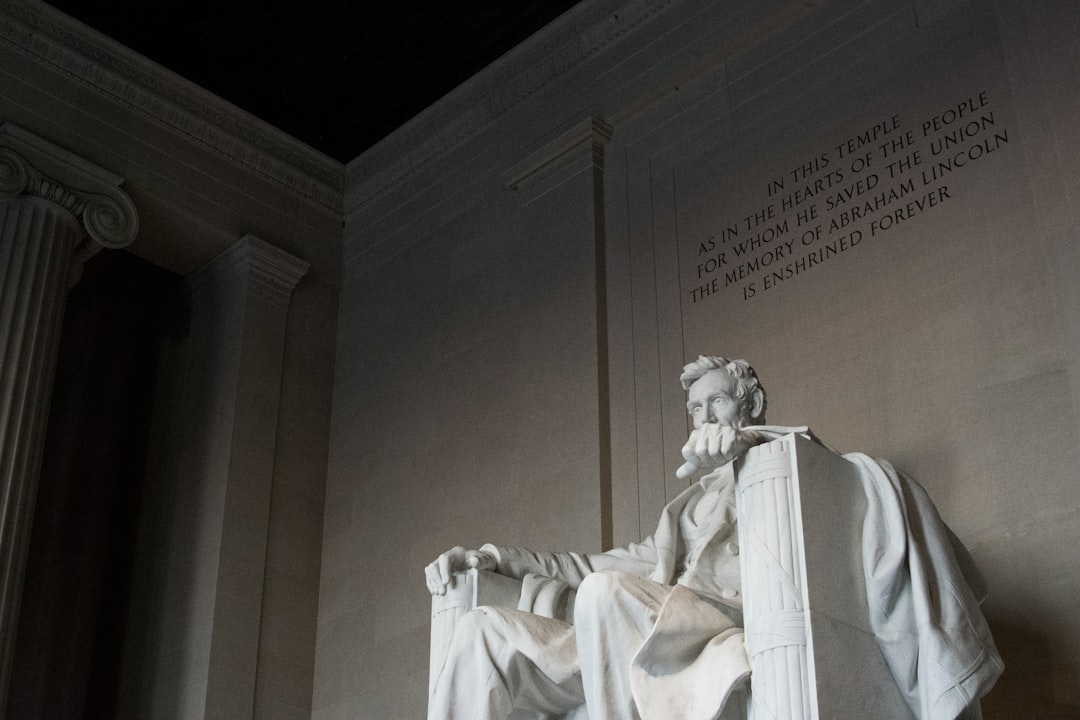**Trump Engages in Heated Truth Social Rant on Oil Prices and Nuclear Concerns**
In a series of impassioned posts on Truth Social, former President Donald Trump took to the platform to express his grievances about rising oil prices and potential nuclear threats, sparking a flurry of reactions across social media.
On a Tuesday morning brimming with digital activity, Trump launched into his tirade, lamenting the spike in oil prices that has gripped global markets. “The current administration’s mishandling of our energy sector is leading to these outrageous oil prices,” he claimed in one of his posts. “We had energy independence not long ago, and now we’re suffering.”
Trump, known for his unfiltered commentary, did not hold back when addressing the issue of nuclear threats. According to his posts, he perceives an escalating threat under the current administration, although he did not specify any particular country or group. “The world is becoming increasingly dangerous,” he warned. “Our enemies see weakness and indecision in our current leadership.”
These comments come at a time of heightened geopolitical tensions, with many nations re-evaluating their energy dependencies and strategic alliances in response to global conflicts and environmental considerations. Trump’s remarks reflect a broader political discourse on energy independence and national security, themes that have become central to the debate in Washington.
As always, his posts have ignited a wave of discussions, with supporters rallying behind his calls for energy reform and critics questioning his narrative. The former president’s communication style, marked by its directness and controversial nature, continues to resonate with a significant segment of the American public, even as he remains a polarizing figure.
Trump’s Truth Social activity also underscores his ongoing attempt to influence public opinion and steer the political conversation from outside the traditional channels of mainstream media. While his approach garners widespread attention, the effectiveness of these posts in shaping policy remains a subject of debate among political analysts.
Source: thebulwark.com.

